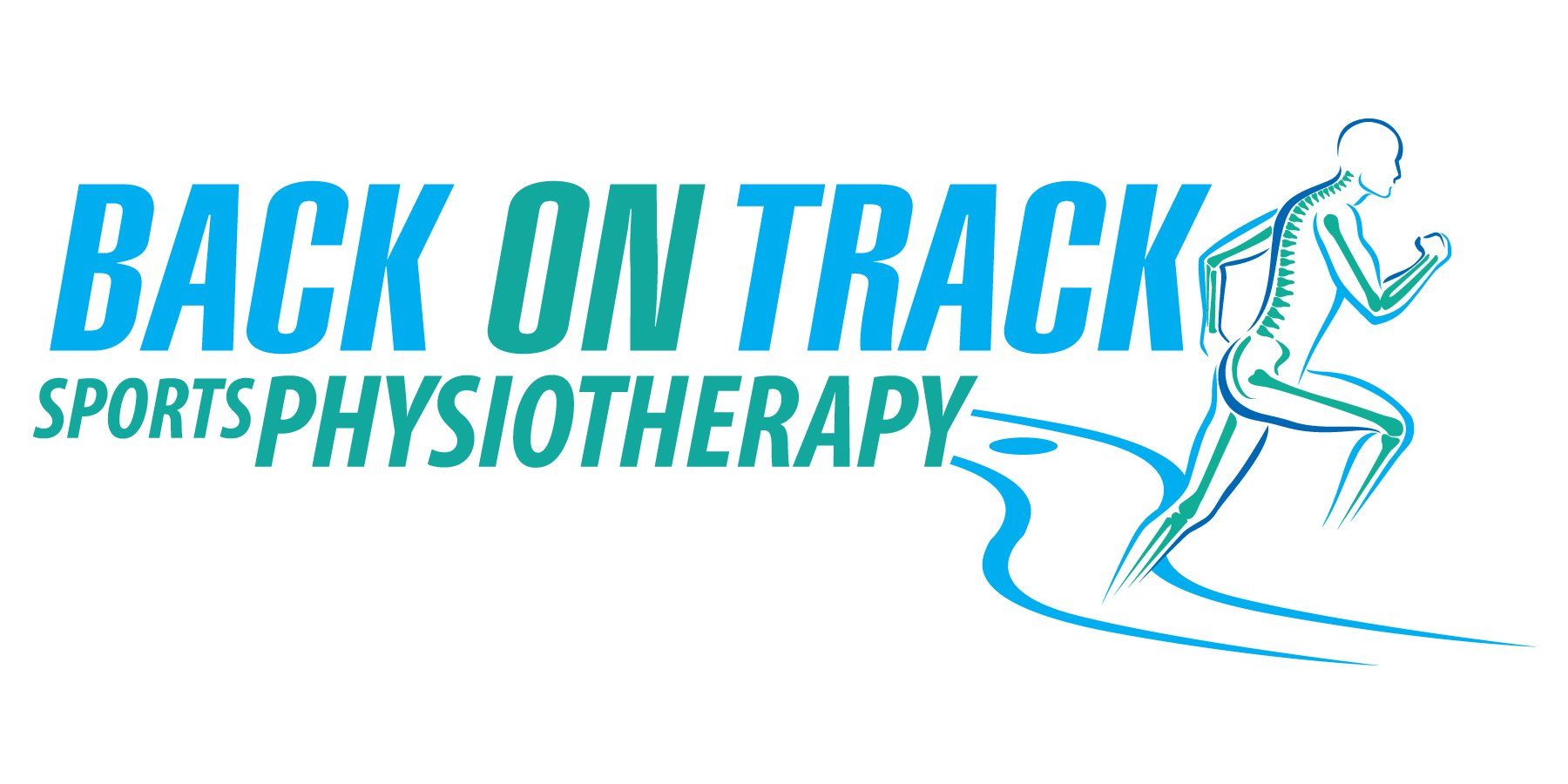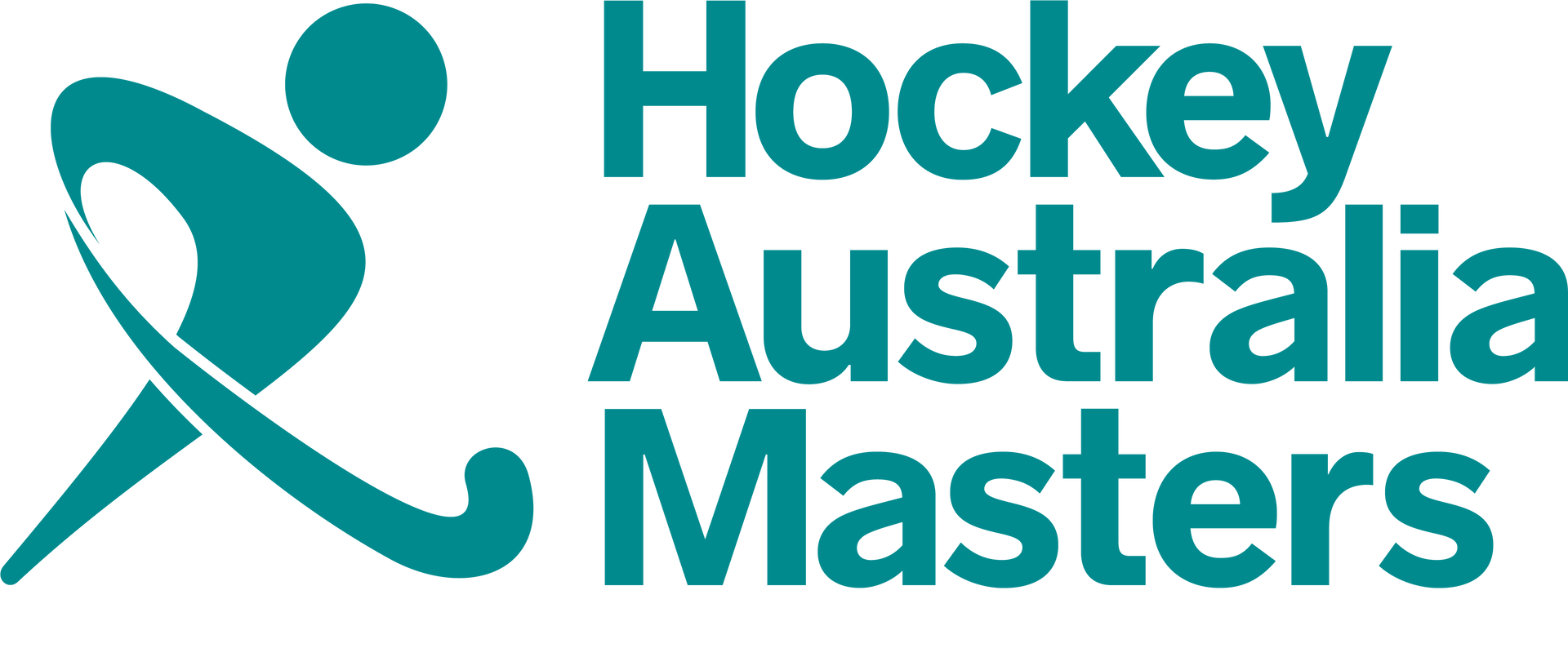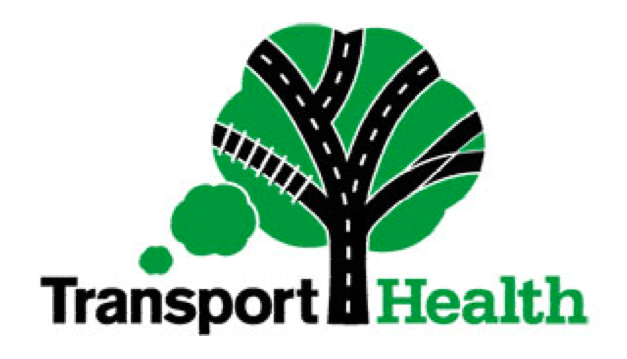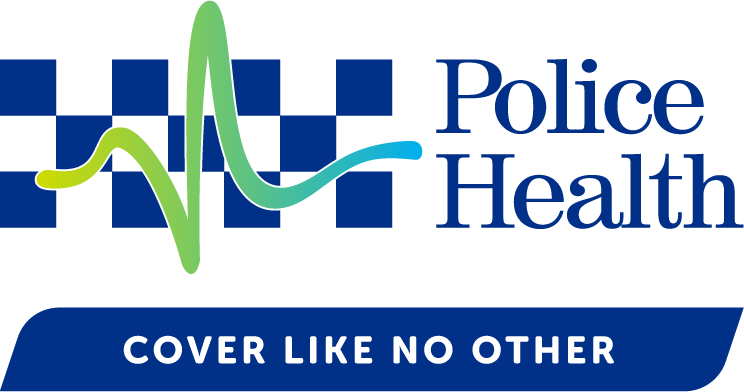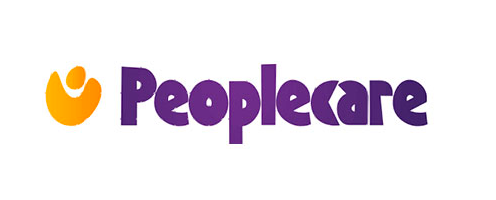Open 7 Days
Understanding Spinal Injuries: Causes, Treatment, and Recovery Insights
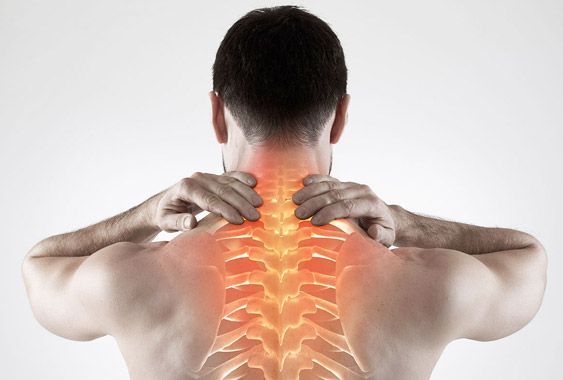
Spinal injuries can be complex and daunting, affecting not only physical health but also overall quality of life. Whether sustained through trauma, degeneration, or other causes, understanding spinal injuries is crucial for effective treatment and recovery.
Types of spinal injuries:
- Cervical spinal injuries (neck)
- Thoracic spinal injuries (mid back)
- Lumbar spinal injuries (low back)
- Sacral spinal injuries (tail bone)
Symptoms
Depending on the course of the injury, it could be inflammatory or mechanical.
Inflammatory symptoms:
- Pain in the morning
- Pain after staying sitting/standing for prolonged periods of time
- Pain resides after movement/throughout day
- Deep, aching, or throbbing sensation
- Swelling, redness, and warmth in affected area
Mechanical symptoms:
- Pain with specific movements
- Pain with repeated movements
- Pain resides with rest/worsens as the day goes on
- Sharp, localised, or throbbing pain
- Stiffness, muscle spasms, or reduced flexibility
Causes:
Physiotherapists will run a few tests to diagnose the cause of the injuries, which could be bone, joint, muscle, disc.
Common causes of spinal pain:
- Intervertebral discs
- Facet joint
- Vertebral fracture
- Muscle spasm
How can physiotherapy help?
Treatment involves manual therapy
- Mobilisation
- Mobilisation with movement
- Traction
- Soft tissue work
Treatment also includes and exercise based treatment. Certain exercises should be completed to help the condition recover.
A physiotherapist plays a key role in prescribing the right exercises for patients to speed up the recovery process. The pain might worsen if inappropriate exercises are prescribed, therefore, the exercise selection has to be based on patients’ symptoms and diagnosis.
Understanding spinal injuries is key to navigating the challenges they present. By recognising the types, causes, and treatment options, and differentiating between inflammatory and mechanical symptoms, individuals can better manage their conditions and work towards effective recovery. If you or someone you know is dealing with a spinal injury, consult with healthcare professionals to develop a personalised treatment plan and start on the path to recovery.
For more information on spinal injuries and physiotherapy treatments, feel free to contact us or schedule a consultation. Your journey to better spinal health starts here!
